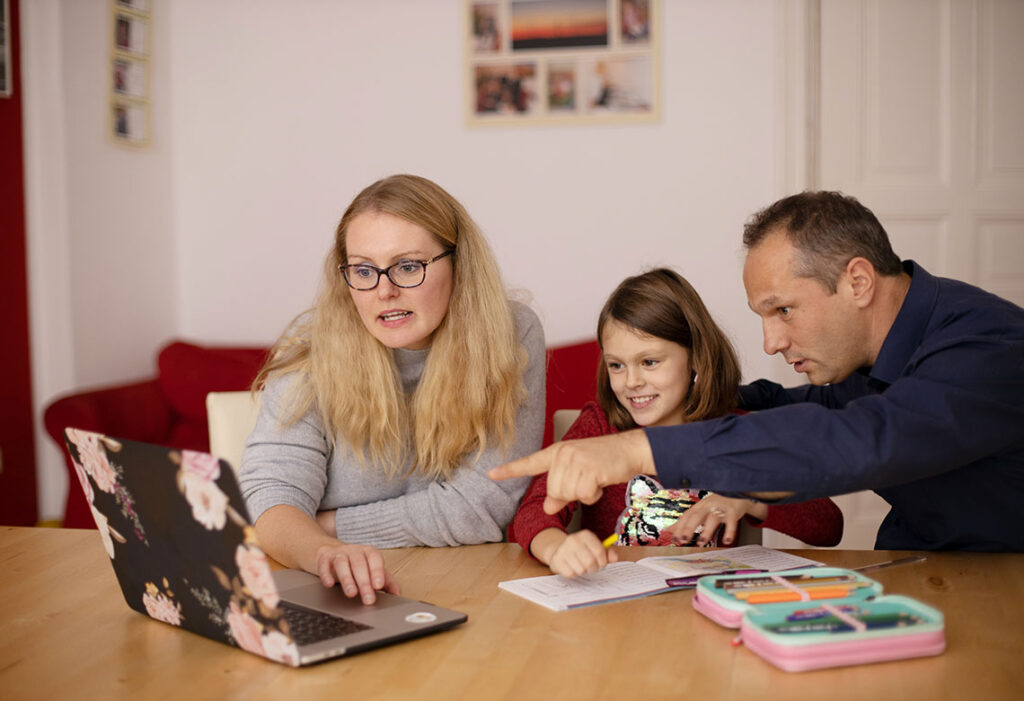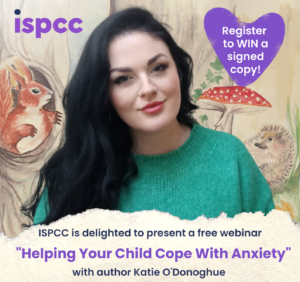
The ISPCC provides a range of services and supports including Community Engagement, Childline 24 Hour Listening, Self Management Resources and Childline Therapeutic Support.
In recent years, we have also introduced a range of online supports that have provided families and young people with the coping mechanisms they required to navigate tough challenges, particularly during the global pandemic.
Is online therapeutic support an effective substitute or supplement to traditional face-to-face therapeutic approaches?
- A recent study conducted by Archways found that the consensus amongst practitioners and parents was that the intervention with the young person was successful.
- All those interviewed felt the transition of the service to online or tele-supported platforms proved beneficial.
- Bespoke nature of the service is the same whether online or face-to-face.
- Outcomes being achieved are excellent and comparable to face-to-face delivery.
- The CTS Service has the capacity to deal with highly complex and at times crisis-driven presentations.
- Delivered by a highly talented team within the Service – all of the families interviewed emphasised the Support Workers central role to the intervention’s effectiveness.
- Families had a positive experience of the service regardless of delivery mode.
- All the parents praised the interactive and flexible character of the intervention as particularly helpful with some describing the listening space created as the most important.
Parents Feedback
- Improved communication with their child(ren).
- Greater understanding of and capacity to cope with their child’s behaviours.
- All of the parents indicated reductions in worry regarding their child’s presentation and improvements in the child’s /teen outcomes.
- Parents were more optimistic about their child’s behaviours.
Childline Digital Supports
Childline Listening: Phone, Text & Online
Digital Mental Health and Wellbeing Programmes:
Space From Anxiety: 14-18 year old young people who experience low-moderate anxiety.
Supporting An Anxious Child: parents/carers of 5-11 year old children who experience low-moderate anxiety.
Supporting An Anxious Teen: parents/carers of 12-18 year old young people who experience low-moderate anxiety.
Click here for more information on these programmes.
Testimonials
“It’s the first time things gelled for him, every time something blocked him (from moving on) but this really worked, she was the difference (Support Worker).” – Parent
“She (Support Worker) befriended her, like big sister or adult relative, she addressed her (anxiety) behaviours but she also felt safe, she needed that cos of what happened, confidence.” – Parent
“It was above and beyond, she (Support Worker) would drop things off, reschedule appointments when needed, it was all about her (child) and she felt that.” – Parent
“It’s funny but it’s like young people are more willing to admit their vulnerabilities or at least it doesn’t take them as long as with face to face working.” – Support Worker
“Its less awkward than face to face, it helped me to open up more about what was going on”. Young person felt she opened up more online than in CAMHS because it wasn’t in person.
“She liked that she could decided when to turn her camera on and that it could built up to that. For her she would avoid a session if she didn’t feel she looked nice. With the camera off option on teams she would still attend sessions and explain why the camera was off.” – Support Worker


